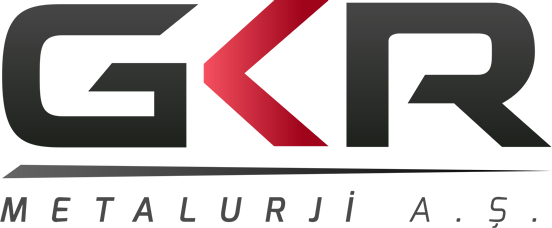
 Plunger Lubricants
Plunger Lubricants
In cold chamber aluminum die casting processes, selecting the appropriate plunger lubricant is crucial for enhancing casting quality, extending equipment lifespan, and minimizing environmental impact. Plunger lubricants are primarily available in two forms: solid (granular) and liquid, and can be further categorized as graphite-containing or graphite-free.
Solid (Granular) Plunger Lubricants
Advantages:
-
Clean Application: Granular lubricants can be precisely applied using automated systems, resulting in minimal waste and a cleaner working environment.
-
Low Smoke and Emissions: These lubricants produce less smoke and harmful gases during application, enhancing workplace safety and air quality.
-
Environmentally Friendly: Graphite-free variants are particularly eco-friendly, simplifying recycling processes and reducing environmental impact.
Disadvantages:
-
Limited Cooling Effect: Compared to liquid lubricants, granular forms offer less cooling, which may be a drawback in certain high-temperature applications.
-
Equipment Requirements: Application of granular lubricants often necessitates specialized dosing equipment, leading to additional costs and maintenance needs.
Liquid Plunger Lubricants
Advantages:
-
Effective Cooling: Water-based liquid lubricants rapidly cool mold surfaces, reducing thermal stresses and improving casting quality.
-
High Lubrication Performance: Oil-based liquid lubricants maintain effective lubrication even at elevated temperatures, decreasing equipment wear.
-
Application Flexibility: Liquid lubricants can be easily applied through spraying or dripping methods and are available in various viscosities to suit different applications.
Disadvantages:
-
Environmental Concerns: If not managed properly, oil-based lubricants can contribute to environmental pollution.
-
Smoke and Residue Formation: Application may result in smoke and residue, potentially affecting the work environment and necessitating additional cleaning efforts.
Graphite-Containing vs. Graphite-Free Plunger Lubricants
-
Graphite-Containing Lubricants: These provide excellent lubrication at high temperatures and reduce wear. However, they tend to produce more smoke and leave more residue during application.
-
Graphite-Free Lubricants: Offering cleaner application and reduced environmental impact, these lubricants are ideal for operations where cleanliness and eco-friendliness are priorities. Nevertheless, their performance may be limited in high-temperature scenarios.
Comparison Table
| Feature | Solid (Granular) Lubricant | Liquid Lubricant |
|---|---|---|
| Application Method | Automated dosing systems | Spray or drip methods |
| Cooling Effect | Low | High (especially water-based) |
| Cleanliness and Residue | Minimal residue | Potential smoke and residue |
| Environmental Impact | Low (especially graphite-free) | Variable (oil-based may pose risks) |
| Equipment Requirements | Specialized dosing equipment needed | Standard application equipment sufficient |
Optimizing Performance with Waltech Lubrications
Selecting the appropriate plunger lubricant is essential for optimizing cold chamber aluminum die casting processes. Solid (granular) lubricants offer a clean and environmentally friendly option, while liquid lubricants provide superior cooling and lubrication performance. Graphite-containing lubricants are suitable for high-temperature applications but may result in more residue, whereas graphite-free lubricants ensure cleaner application with reduced environmental impact. Choosing the right lubricant form and type based on specific application requirements will enhance production efficiency and product quality.
